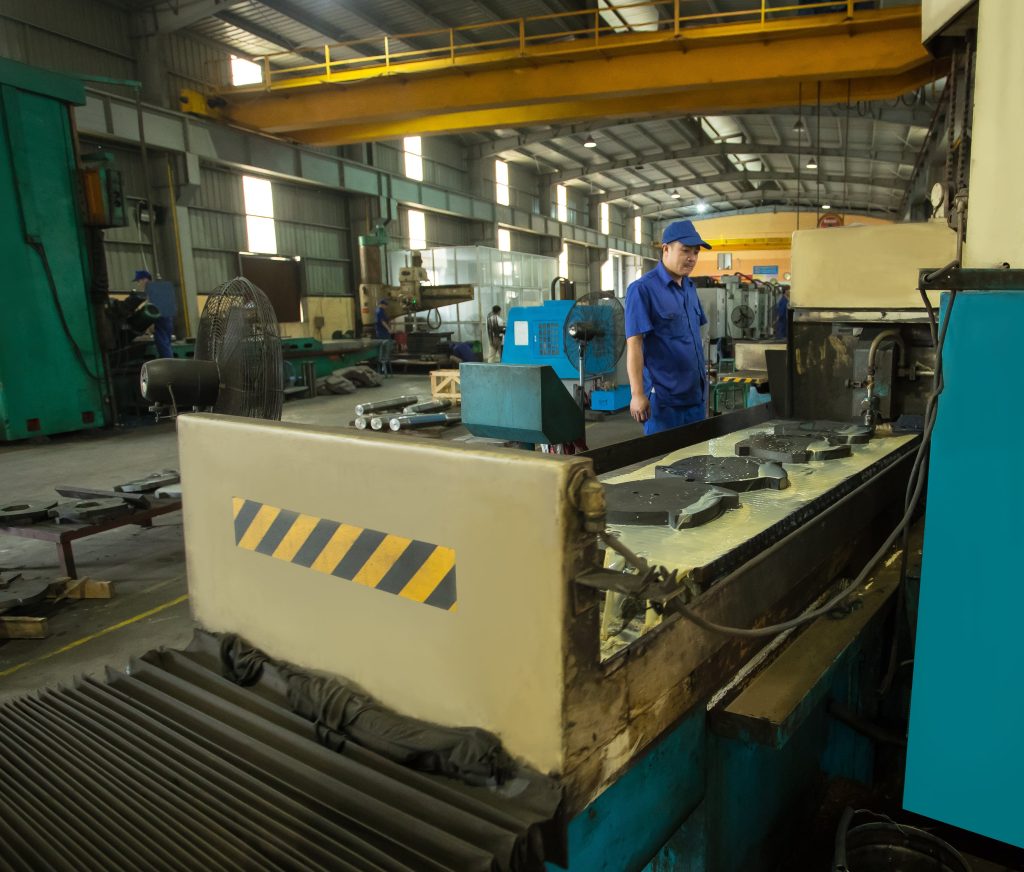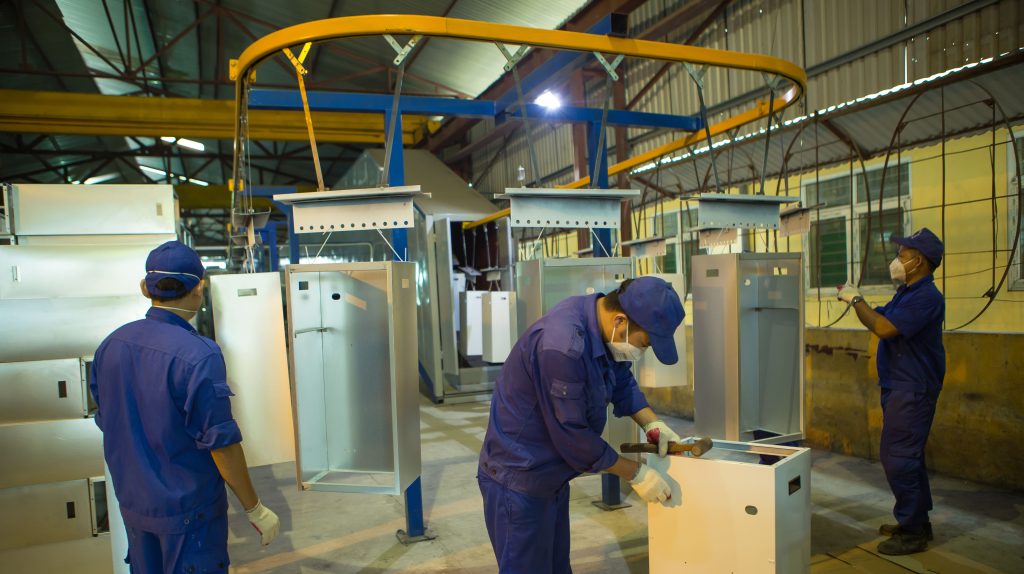The impact of advanced manufacturing on the global supply chain is both wide-ranging and transformative, reshaping various aspects of production and distribution. The implications span from diversification of production to changes in business models, bringing about crucial shifts in supply chain management and the labor market. Here’s an in-depth look at the key ways in which advanced manufacturing is influencing the global supply chain.
Diversification of Production
Advanced manufacturing is driving the spread of production capabilities across different geographic locations. This diversification reduces reliance on single locations, thereby mitigating risks associated with supply chain disruptions. By avoiding concentration in specific regions, companies can navigate geopolitical uncertainties and disruptions more effectively, ensuring a more stable and consistent supply of goods.
Increased Resilience
The evolution of advanced manufacturing prompts companies to reassess their supply chains, making them more resilient against various shocks such as trade wars and pandemics. Strategies include diversifying suppliers, stockpiling essential materials, and redesigning production processes to enhance resilience. These measures enable companies to bounce back swiftly from disruptions and ensure continuity in the supply chain, even during challenging times.
Customization and Efficiency
Advanced manufacturing techniques, such as additive manufacturing, allow for mass customization and increased resource efficiency. This leads to changes in inventory and logistics management, enabling companies to respond more effectively to specific customer needs while optimizing their use of resources.

Technology Adoption
Adopting new technologies is a key aspect of advanced manufacturing. Automation, continuous-flow manufacturing, and 3D printing are becoming more prevalent, allowing companies to lower costs and increase operational flexibility. These technological advancements are revolutionizing manufacturing processes and driving efficiencies throughout the supply chain.
Supply Chain Sustainability
Advanced manufacturing plays a significant role in enhancing the sustainability of supply chains. By making production processes more environmentally friendly and socially responsible, companies are increasingly prioritizing sustainable practices. This shift towards sustainability is reshaping how supply chains operate, focusing on reducing environmental impact and promoting responsible practices.
New Business Models
The changes brought about by advanced manufacturing are opening up new business models while phasing out existing ones. This impacts not only manufacturers but also logistics and technology providers. Companies are exploring innovative ways to adapt to the evolving supply chain landscape, leading to the emergence of novel business models and partnerships.
Labor Market Shifts
The advent of advanced manufacturing is driving significant changes in the labor market. As technology reshapes production processes, job roles are evolving, presenting both opportunities and risks for employees. There will be a shift in the skill sets required and changes in working environments as organizations adapt to the evolving demands of advanced manufacturing.

In conclusion, advanced manufacturing is revolutionizing the global supply chain in multifaceted ways, from fostering resilience and sustainability to driving technological and operational shifts. As companies navigate these changes, they are reshaping the way production and distribution are approached, setting the stage for a more dynamic, efficient, and sustainable global supply chain ecosystem.